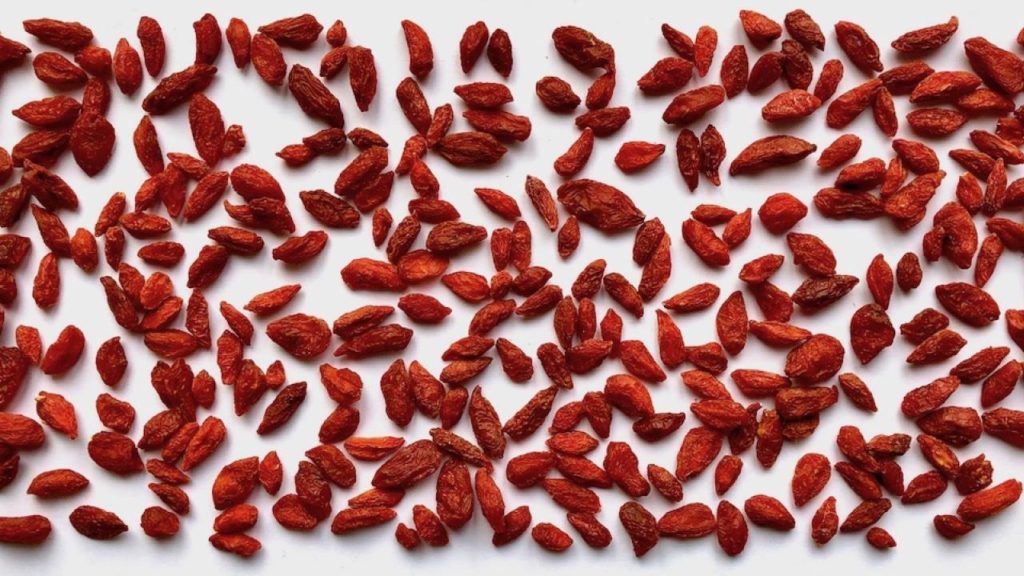
The Age-Related Eye Disease Studies (AREDS and AREDS2) established that dietary supplements can slow progression of age-related macular degeneration (AMD), the most common cause of blindness in older Americans. In a new report, scientists analyzed 10 years of AREDS2 data. They show that the AREDS2 formula, which substituted antioxidants lutein and zeaxanthin for betacarotene, not only reduces risk of lung cancer due to beta-carotene, but is also more effective at reducing risk of AMD progression, compared to the original formula. A report on the study, funded by the National Institutes of Health, published in JAMA Ophthalmology.
“Because beta-carotene increased the risk of lung cancer for current smokers in two NIH-supported studies, our goal with AREDS2 was to create an equally ef...
Read More









Recent Comments